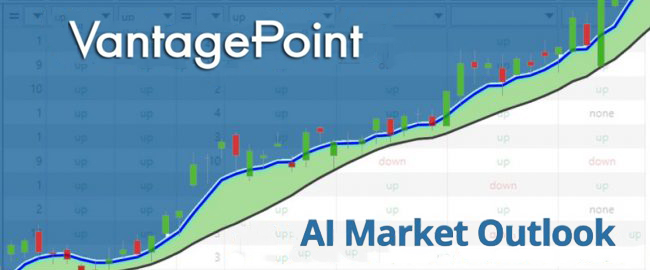According to PANews, Ripple Labs has made significant progress in its legal dispute with the U.S. Securities and Exchange Commission (SEC). The SEC has taken a step in the remedial phase of the lawsuit, submitting its final response. In its recent response to the remedial measures outline, the SEC questioned Ripple Labs' claim that the blockchain startup's actions were not reckless and that the legal status of XRP should not have 'broad uncertainty', despite the court's previous rejection of this 'fair notice' defense.
Since the XRP lawsuit was initiated in 2020, Ripple Labs has not violated any rules, but the SEC still maintains its stance on whether Ripple Labs may take similar actions in the future. According to the remedial measures brief, Ripple Labs tried to downplay its responsibility, while emphasizing its cooperation with the U.S. SEC since XRP's initial public offering in 2013. However, the U.S. SEC stressed that, according to the law, even if Ripple Labs has not violated any regulations since 2020, it is still possible to violate them again.
The SEC believes that Ripple Labs' assurances about changing its behavior after the lawsuit are not sufficient to avoid a ban. According to the SEC, Ripple Labs' claim to follow legal guidance and restructure future XRP sales according to the lawsuit order is misleading. The SEC believes that Ripple Labs misread the lawsuit order and failed to accept its impact on compliance. The reply to the remedial measures refuted Ripple Labs' claim about sales to qualified investors outside the United States, as these defenses have been abandoned at the summary judgment stage. In addition, Ripple's claims about changes to ODL sales contracts were rejected because these contracts already lack certain restrictions deemed to be violations. Ultimately, the SEC believes that Ripple's claims do not negate the need to issue a ban to prevent future violations.
In response to the SEC's reply in the remedial measures brief, Ripple's Chief Legal Officer Stuart Alderoty commented that the SEC's reputation continues to decline. He emphasized that international financial regulators with a robust cryptocurrency licensing framework might be surprised at the SEC's approach to equating its efforts with issuing fishing licenses. Alderoty criticized the SEC for not consistently applying the law. He is optimistic about resolving the XRP lawsuit. While the cryptocurrency community eagerly awaits the final outcome of the case, analysts expect the final judgment to be made around September.

